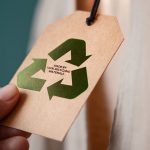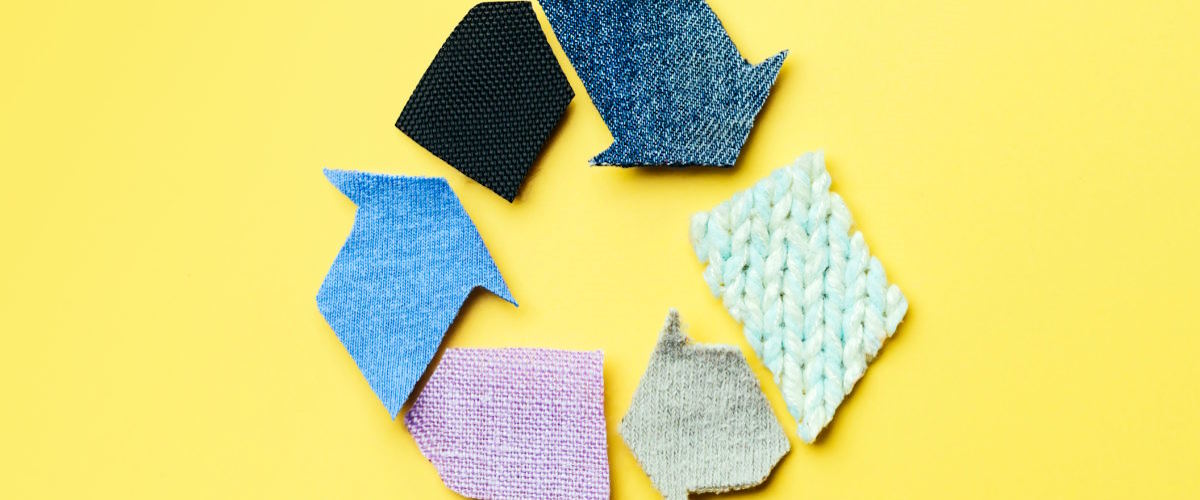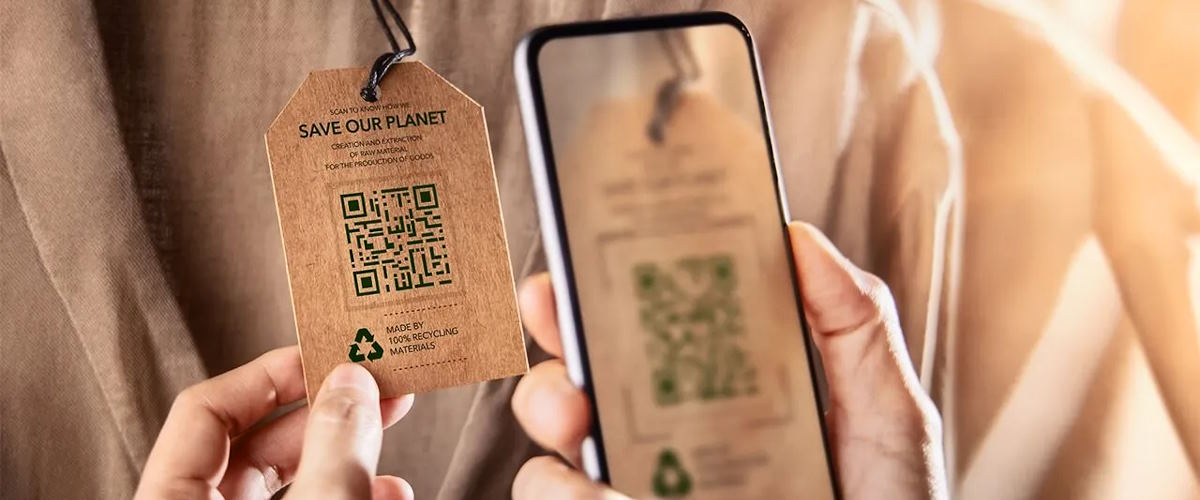
How to Incorporate Eco-Friendly Fabrics into Your Wardrobe
Let’s face it: shopping for clothes is fun, but it can also feel like we’re constantly chasing trends that don’t last. What if there was a way to dress stylishly without contributing to the growing pile of waste? This is where eco-friendly fabrics come in. By choosing materials that are kind to the planet, you can build a wardrobe that’s not only fashionable but also sustainable. It’s like making a small investment today that will pay off for years to come.
How to Transition to an Eco-Friendly Wardrobe
Now that you know what eco-friendly fabrics are, how can you start transitioning to a wardrobe that embraces sustainability? Don’t worry — you don’t have to throw out everything in your closet and start over. Small changes can make a big difference.
Start with the Basics: Focus on Key Pieces
One way to start is by focusing on the basics. Think of the pieces you wear most often — like jeans, t-shirts, and sweaters. These are the building blocks of your wardrobe, so making them eco-friendly will have a big impact. Look for organic cotton tees or hemp jeans, for example.
Mix and Match with What You Already Own
You don’t need to replace everything at once. Instead, try mixing eco-friendly fabrics with what you already own. Pair an organic cotton shirt with your favorite denim jeans or throw a bamboo sweater over your current outfit. This way, you don’t feel like you’re sacrificing style, and you’re also making a positive change.
Quality Over Quantity
It’s easy to get caught up in buying lots of clothes, but when you choose eco-friendly fabrics, quality becomes even more important. Sustainable fabrics tend to be more durable, so investing in well-made pieces means they’ll last longer, saving you money in the long run. Plus, fewer clothes in your closet means less waste, both for the planet and your wardrobe.
Set a Goal: Replace One Piece at a Time
Rather than overhauling your entire closet in one go, make a goal to replace just one item at a time. Maybe next time you need a new pair of jeans, you choose a pair made from organic cotton or hemp. With time, your wardrobe will naturally evolve into one that’s both stylish and sustainable.

Shopping Mindfully: How to Choose Eco-Friendly Fabrics
Shopping for eco-friendly fabrics isn’t as complicated as it might sound. In fact, it’s just about being a mindful consumer and asking the right questions.
Look for Certifications
When shopping, keep an eye out for certifications that guarantee the product is truly sustainable. Some of the most common certifications to look for include:
- Global Organic Textile Standard (GOTS): Ensures the fabric is made from organic fibers and processed with eco-friendly methods.
- Fair Trade Certified: Focuses on ethical production practices and fair wages for workers.
- OEKO-TEX Standard 100: Guarantees that the fabric is free from harmful chemicals.
Read Labels Carefully
Fabric labels provide helpful information about what your clothes are made of. Look for natural fibers like cotton, hemp, or wool, or materials that are made from recycled content, like recycled polyester. You’ll also want to check if the garment is treated with any harmful chemicals. The more you know about where your clothes come from, the easier it is to make eco-conscious choices.
Buy Less, Choose Wisely
In the world of fast fashion, it’s easy to be tempted by every new trend. But when you shop mindfully, you’re making a conscious effort to choose well-made pieces that will stand the test of time. It’s a simple shift in mindset: quality over quantity. By buying fewer, more sustainable pieces, you’re investing in your wardrobe, not just filling it up with things you’ll only wear once.

Building a Versatile, Sustainable Wardrobe
A great way to maximize the impact of eco-friendly fabrics is to build a versatile wardrobe that works for different occasions. This doesn’t mean you need to buy a ton of clothes. It’s about selecting pieces that you can mix and match in a variety of ways.
Staples for an Eco-Friendly Wardrobe
Here’s a list of essential pieces you can invest in to get started:
- A Classic White T-Shirt (made from organic cotton)
- A Pair of Denim Jeans (preferably made from recycled denim or organic cotton)
- A Lightweight Sweater (made from Tencel or hemp)
- A Versatile Dress (made from bamboo or organic cotton)
- Comfortable Sneakers (made from recycled materials or natural fibers)
These pieces can be dressed up or down, layered for different seasons, and mixed and matched to create a variety of looks. Building a wardrobe this way helps you avoid the clutter of unnecessary items while still having plenty of stylish options.
